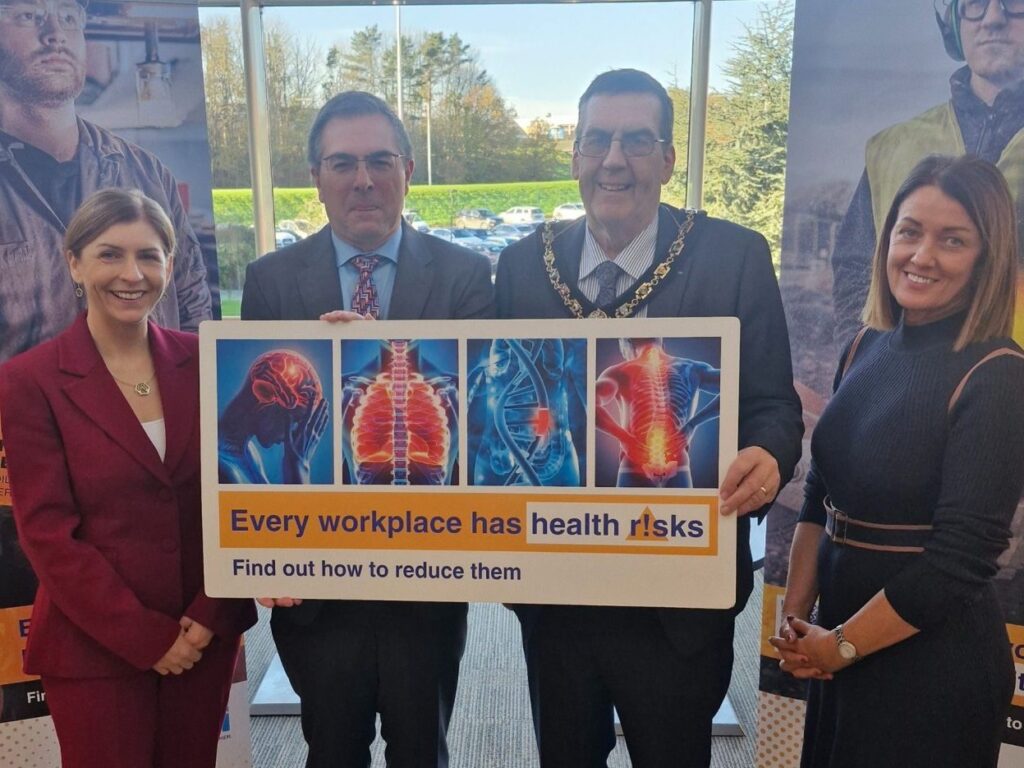Employers and wellbeing experts have called for urgent action on workplace wellbeing following the ‘Keep Britain Working’ review, which revived recommendations made to the last Labour Government.
Growing employer fiscal pressures and unemployment at 5% have put urgent focus on workplace wellbeing.
The Policy Liaison Group on Workplace Wellbeing brought together businesses and HR professionals on 21st November to discuss how the Mayfield review’s recommendations could support national productivity, the economy, and healthier working lives.
The meeting was chaired by Gethin Nadin and led by Professor Sir Cary Cooper.
Participants agreed to take forward the review’s recommendations to improve employee health and performance.
Cooper’s ‘Mental Capital and Wellbeing Review’ from 2008 set out principles echoed in the Mayfield review.
Several large employers raised concerns that wellbeing and productivity could be sidelined as the Government struggles with budget pressures, despite evidence showing that worker wellbeing improves output, job satisfaction and retention.
The group said the momentum from the Mayfield review should be converted into action.
They stated that frameworks for measuring wellbeing, tracking culture, collecting data and benchmarking outcomes are needed for employers to improve health and performance.
The review set the direction but left questions about the infrastructure needed for change, including internal surveys, reporting processes and support for small and medium-sized enterprises (SMEs), which employ most of the UK workforce but often lack the tools to embed proactive wellbeing approaches.
Ownership of wellbeing was discussed, with the group saying it should not sit solely with HR or health and safety but be integrated across leadership, management and organisational design.
Contributors called for promoting managers based on emotional intelligence as well as technical competence, enabling cultures that support psychological safety, early intervention and healthy performance.
Additionally, the group said the Government should take a proactive approach, including options for tax relief, to help employers build infrastructure for workplace wellbeing and better performance.
Cooper said: “If we build the systems that allow organisations to measure, track and improve wellbeing, we will have healthier people, stronger workplaces and much better productivity across the economy.
“We’ve been at the bottom of the league table on productivity per capita for so long.
“Understandably, we’re preoccupied with breaking out of this stagnation, but we have really good businesses that want to protect the health and wellbeing and the productivity of our country. We need to harness that commitment and ambition.”
Nadin said: “We must be honest about the direction of travel. Public health is a core function of the state, not a corporate add-on.
“Expecting employers to shoulder growing elements of the welfare state — without substantial structural support, clear frameworks, or meaningful financial incentives — is not sustainable.”
“The Government wants long-term economic improvement, and healthier workplaces are essential to achieving this.”
Nadin added: “But if we want a healthier, more resilient workforce, we need a partnership between Government and employers where responsibility is matched with resources.”
Katie Duxbury from Bupa said: “Colleagues are thinking twice, and in some cases opting out of vital healthcare schemes to avoid the taxable benefit, reducing take-home pay.
“These solutions are essential in keeping people working, not a luxury or perk.”
Clemens Moehring from Hastee said: “The review is very strong in terms of wellbeing, prevention, early intervention, but I’m very conscious that one of the biggest drivers of employee stress and absences is financial pressure, and that barely appears in the report.”
















